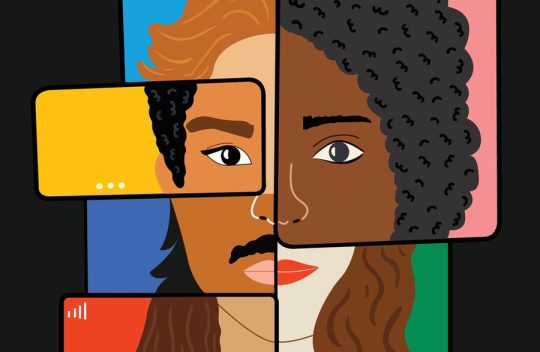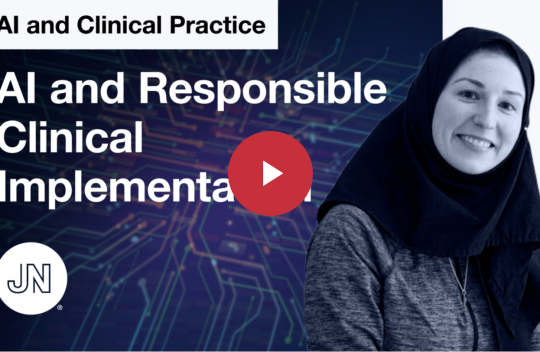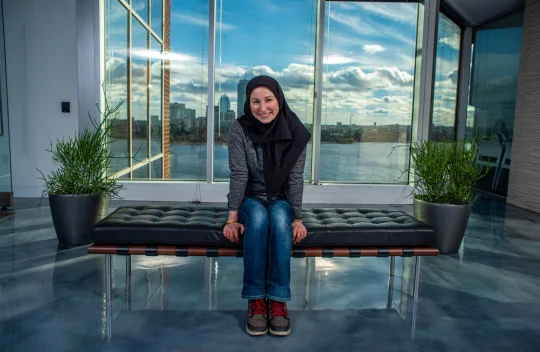Tag: ai bias

Empowering systemic racism research at MIT and beyond
At the turn of the 20th century, W.E.B. Du Bois wrote about the conditions and culture of Black people in Philadelphia, documenting also the racist attitudes and beliefs that pervaded the white society around them. He described how unequal outcomes in domains like health could be attributed not only to racist ideas, but to racism embedded in American institutions.Almost 125 years later, the concept of “systemic racism” is central to the study of race. Centuries of data collection and analysis, like the work of Du Bois, document the mechanisms of racial inequity in law and institutions, and attempt to measure their impact.
“There’s extensive research showing racial discrimination and systemic inequity in essentially all sectors of American society,” explains Fotini Christia, the Ford International Professor of Social Sciences in the Department of Political Science, who directs the MIT Institute for Data, Systems, and Society (IDSS), where she also co-leads the Initiative on Combatting Systemic Racism (ICSR). “Newer research demonstrates how computational technologies, typically trained or reliant on historical data, can further entrench racial bias. But these same tools can also help to identify racially inequitable outcomes, to understand their causes and impacts, and even contribute to proposing solutions.” Learn more

Say Hello to Your Addiction Risk Score — Courtesy of the Tech Industry
MIT Assistant Professor of EECS and Jameel Clinic Principal Investigator Marzyeh Ghassemi spoke with New York Times Opinion Contributor Maia Szalavitz on how the task of addiction prediction and prevention could potentially perpetuate biases in medical decision making. Learn more
AI Developers Should Understand the Risks of Deploying Their Clinical Tools, MIT Expert Says
AI applications for health care should be designed to function well in different settings and across different populations, says Marzyeh Ghassemi, PhD (Video), whose work at the Massachusetts Institute of Technology (MIT) focuses on creating “healthy” machine learning (ML) models that are “robust, private, and fair.” The way AI-generated clinical advice is presented to physicians is also important for reducing harms, according to Ghassemi, who is an assistant professor at MIT’s Department of Electrical Engineering and Computer Science and Institute for Medical Engineering and Science. And, she says, developers should be aware that they have a responsibility to clinicians and patients who could one day be affected by their tools. Learn more
ChatGPT one year on: who is using it, how and why?
On 30 November 2022, the technology company OpenAI released ChatGPT — a chatbot built to respond to prompts in a human-like manner. It has taken the scientific community and the public by storm, attracting one million users in the first 5 days alone; that number now totals more than 180 million. Seven researchers told Nature how it has changed their approach. Learn more
